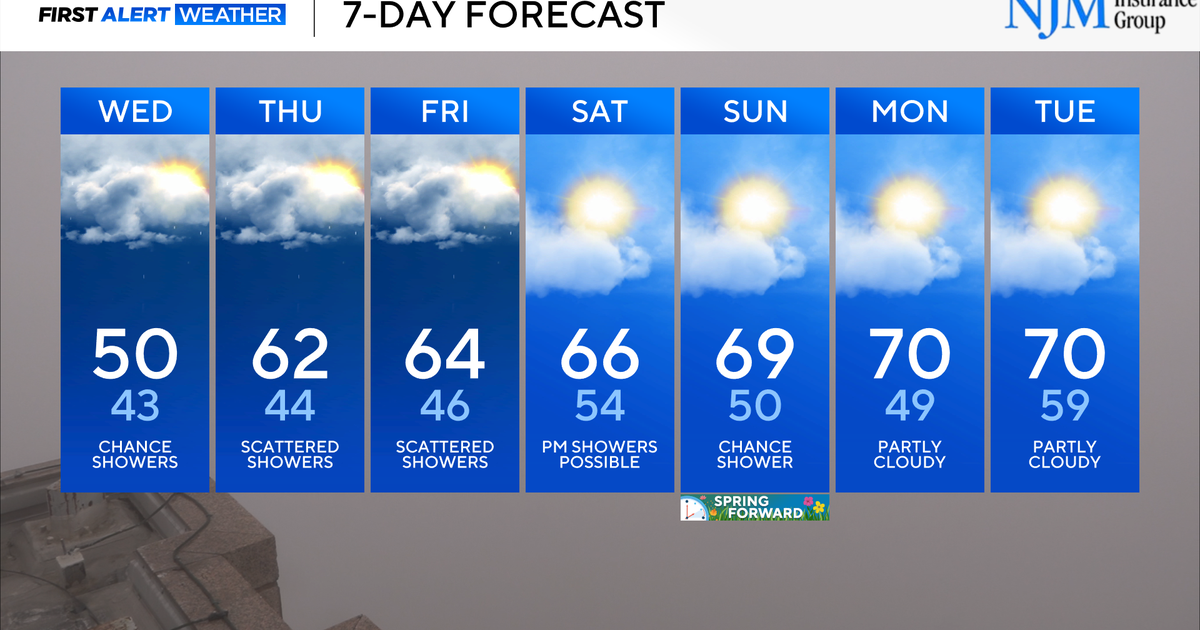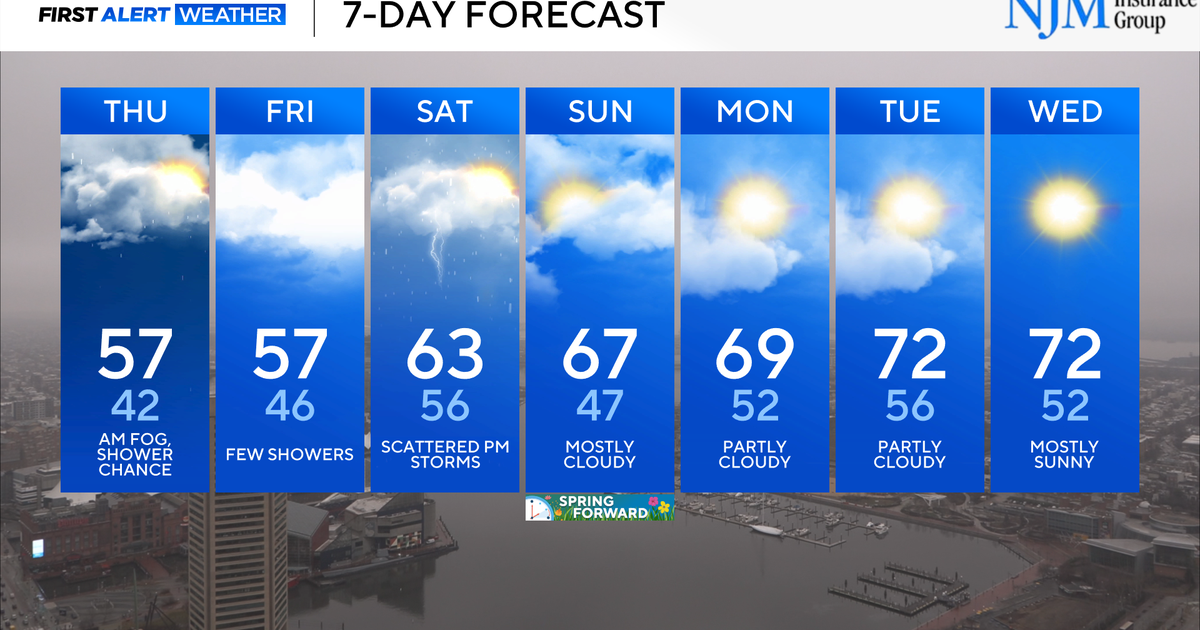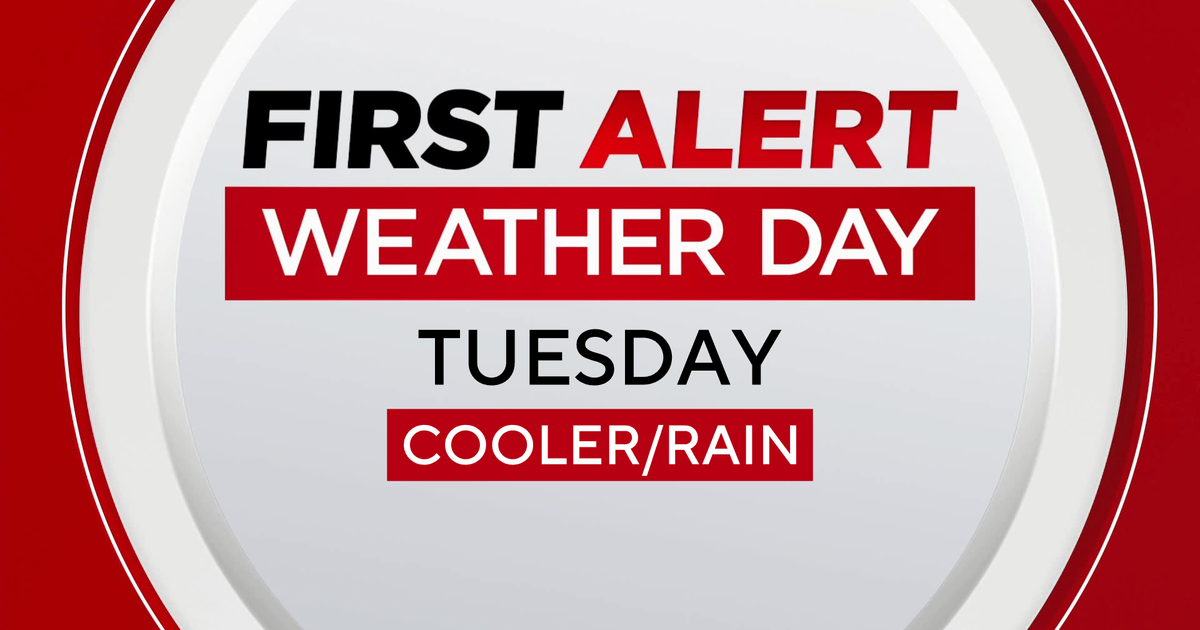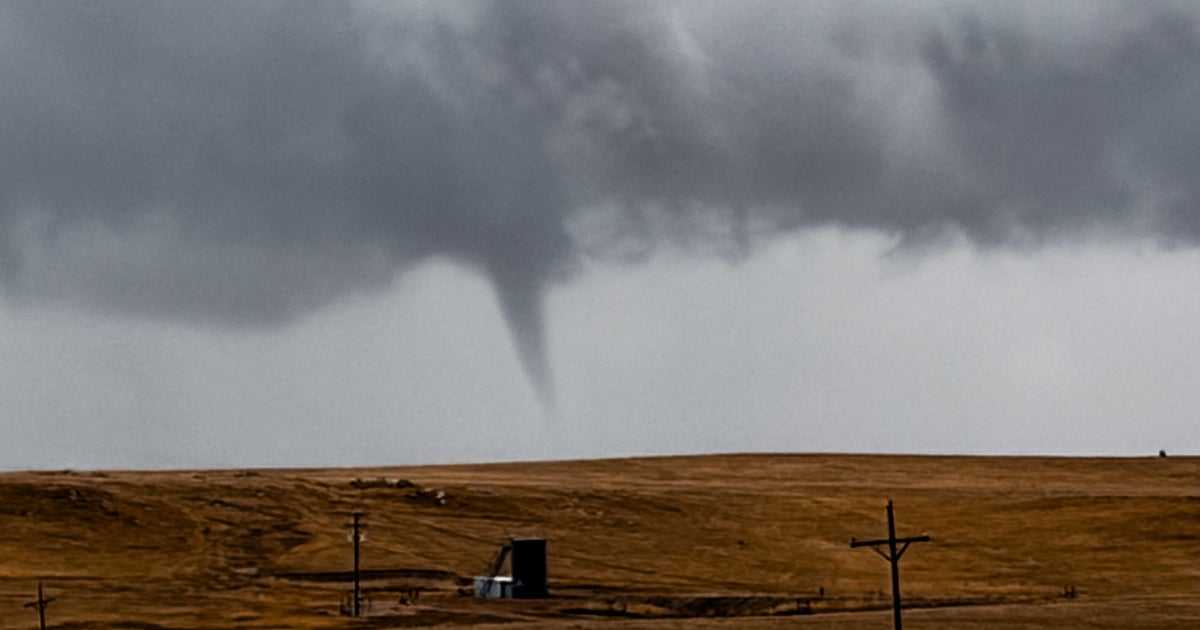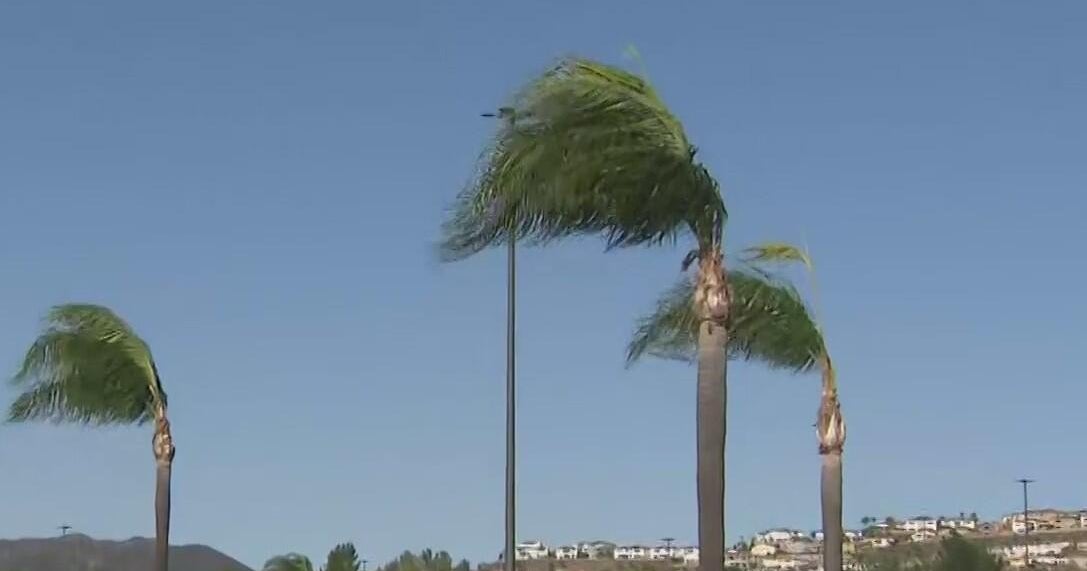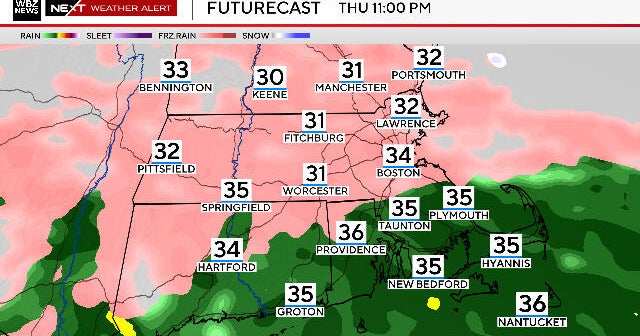Battling Climate Change: University of Maryland researchers breed heat resistant apples
BALTIMORE -- It's apple season, and researchers from the University of Maryland are tackling some of the big issues facing apple growers, like climate change.
Dr. Chris Walsh, a researcher and former UMD professor, has been in the apple business for five decades. It all started at an apple orchard in Vermont.
"One of the guys there said he's up in the tree thinking about drumming or a music set, I'm thinking about how the trees grow. I was intrigued by that. And there were problems in the orchard business that I couldn't solve," Walsh said.
One of those problems was the changing climate.
As warmer, windier, and wetter weather became apparent in the region, Walsh started the Tree Architecture Program. His goal was to build a variety of apples that could thrive in the changing climate.
"The big problem with heat is - do the apples cook on the tree, or do they ripen really quickly and drop off?," Walsh said.
Increased temperatures could lead to sunburn and pre-harvest drop. Those are two of the biggest problems apple growers are seeing right now.
During warm, wet springtime weather, diseases in trees are also a major concern.
"In this climate here, we not only have diseases that damage the fruit, but we have other diseases that actually kill the tree," Walsh explained.
Fire blight is the name of the tree-killing disease. Walsh says there is no great control for that disease except genetics.
The University of Maryland recently secured patents for two varieties of apple, currently known as MD-TAP1 and MD-TAP2.
Those varieties are genetically designed to be better adapted to grow in warmer climates and easier to maintain.
Dr. Walsh believes MD-TAP1 and MD-TAP2 can thrive throughout the country.
"I started breeding for sort of the local market, but then realized I was breeding for what is happening in the world, and that is climate change," Walsh said.
The University of Maryland is now looking to license MD-TAP1 and MD-TAP2 to a nursery. The nursery will then make trees that farmers will be able to purchase and grow.
